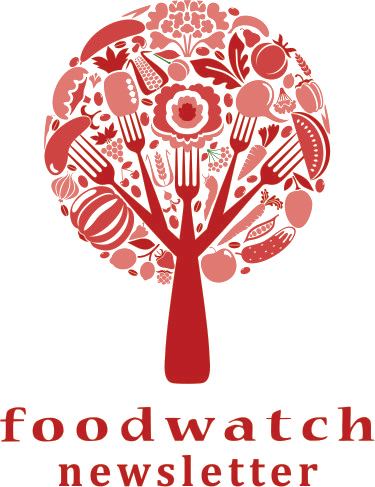What are antioxidants?

Antioxidants are molecules which act as the body's first line of defence against damage from a natural process called oxidation. There's dozens, if not hundreds, of different ones.They destroy substances called free radicals which occur naturally in our body and are also left behind by smog, cigarette smoke and the sun's radiation.
Free radicals damage cell tissues, membranes and other structures through the process of oxidation which is why substances that prevent this damage are called "anti-oxidants".
ACE antioxidants
The three best known antioxidants are beta-carotene (the plant form of vitamin A), vitamin C and vitamin E. These antioxidants are actually vitamins and are usually referred to as the "ACE" vitamins.
ACE stands for vitamin A (produced in the body from beta-carotene), vitamin C and vitamin E. These three anti-oxidant vitamins work together to prevent damage from oxidation.
Fruits, vegetables tea, dark chocolate and wholegrain cereals are good sources of antioxidant vitamins.
The minerals selenium, copper and zinc are also antioxidants and form an essential part of the body's vital enzyme defence system.
Phyto-chemicals (plant antioxidants)
Cancer-fighters & heart-protectors found in food
Apart from vitamins and minerals, other compounds in foods (called phytochemicals) can protect against cancer and slow the ageing process. Many of these are presently under study, including carotenoids, flavonoids, coumarins, ubiquinol, chlorophyll and tannins. These also occur naturally in a wide range of cereal grains, fruit and vegetables. Here's where you'll find them in greatest concentrations:
Isoflavones
Soy beans, tofu, soy drink, other beans
Lignans
Flaxseed, oilseeds, brans, beans, vegetables, fruit
Flavonoids
Apples, onions, tea, wine, grapes, berries
Carotenoids
Orange & red fruit, orange & green vegetables
Indoles & iso-thiocyanates
Cruciferous vegetables (broccoli, cabbage, cauliflower, turnip)
Sulphides
Garlic, onions, leeks (collectively called allium vegetables)
Phytates
Beans, brans, whole grains
Triterpenes
Citrus, mushrooms
Phenolic acid/ polyphenols
All plants
Coumarins
Carrots, celery, parsnip, liquorice root, whole grains esp rye, citrus fruit
Food or pills?
It's not enough to simply take a supplement of these antioxidants. Food is a complex mix of many non-nutrients and there are many other substances in food with a protective action like tannins, phytates and chlorophyll.
These are called phytochemicals and, while the focus has generally been on vitamins and minerals, these substances may hold more promise that what's in supplements.
It is therefore preferable to eat a healthy diet including food products that have been fortified with one or more known antioxidant vitamins, rather than a supplement.
Fortified foods
Many food products are now being fortified with one or more known antioxidants. Breakfast cereals, for example, have long had a range of added vitamins and minerals and this trend will continue.
Studies of people who consume large amounts of antioxidants from their regular food consistently show they have a lower risk of cancer of the lungs, stomach, mouth and oesophagus. These are cancers for which smoking is one of the major causes.
The message now seems clear - Grandma was right about eating your greens! You need at least 5 serves of vegetables and 2 serves of fruit a day plus 4 serves of grain foods like wholegrain breakfast cereals, wholemeal bread, brown rice, pasta and barley.
Antioxidants in the news
Heart Foundation backs foods but not chocolate, coffee or supplements
Read up on the Heart Foundation's Position Statement on Antioxidants in food, drinks and supplements for cardiovascular health. The Foundation recommends 2 serves of fruit and 5 serves of vegetables with tea (green or black) and cocoa made from raw cocoa powder. It does NOT recommend chocolate, coffee, red wine or antioxidant supplements (vitamin C, E, carotenoids or others) for the prevention or treatment of heart disease. Read more.




 Like what you've read so far?
Like what you've read so far?